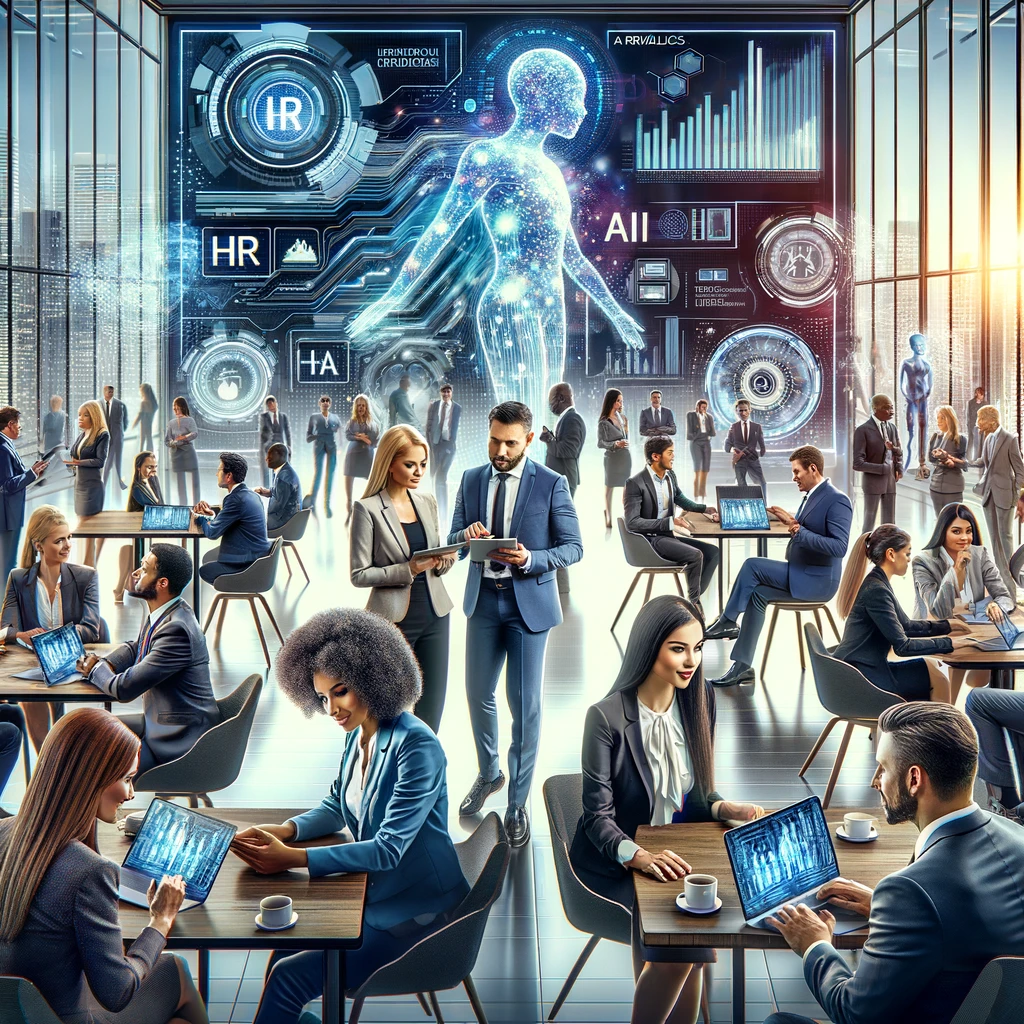
AI’s influence on the HR sector is profound and far-reaching. Approximately 64% of HR managers recognize that AI is reshaping the skills landscape, placing a premium on digital, interpersonal, and cognitive competencies. AI has revolutionized recruitment processes, automating numerous tasks, reducing biases, and thus elevating the quality of hires and streamlining the hiring timeline.
To harness the potential of AI in HR, a unique combination of skills is required:
AI’s role in HR encompasses a range of applications, from identifying hidden patterns in data, automating mundane tasks, minimizing biases in hiring, to refining employee learning experiences. However, implementing AI in HR also demands a focus on critical aspects such as transparency, fairness, privacy, and ethical considerations.
Challenges and Key Considerations in AI Adoption
The incorporation of AI into HR practices brings several challenges. Establishing clear AI policies and preparing for a hybrid workforce of human employees and AI systems are fundamental steps. Additionally, HR professionals must commit to continuous learning and stay updated with the latest AI advancements to effectively navigate this new terrain.
Navigating the Future with AI in HR
The integration of AI into HR goes beyond mere technological adoption; it represents a paradigm shift in the approach and strategies of HR professionals. Developing AI competencies, embracing a progressive mindset, and engaging in lifelong learning are essential for HR professionals to remain relevant and effective in the dynamic landscape of modern HR practices.
Nordic HR People HQ
Otto Brandenburgs Vej 68
Copenhagen SV
Zip Code 2450
Denmark
CVR nr.: 43479385